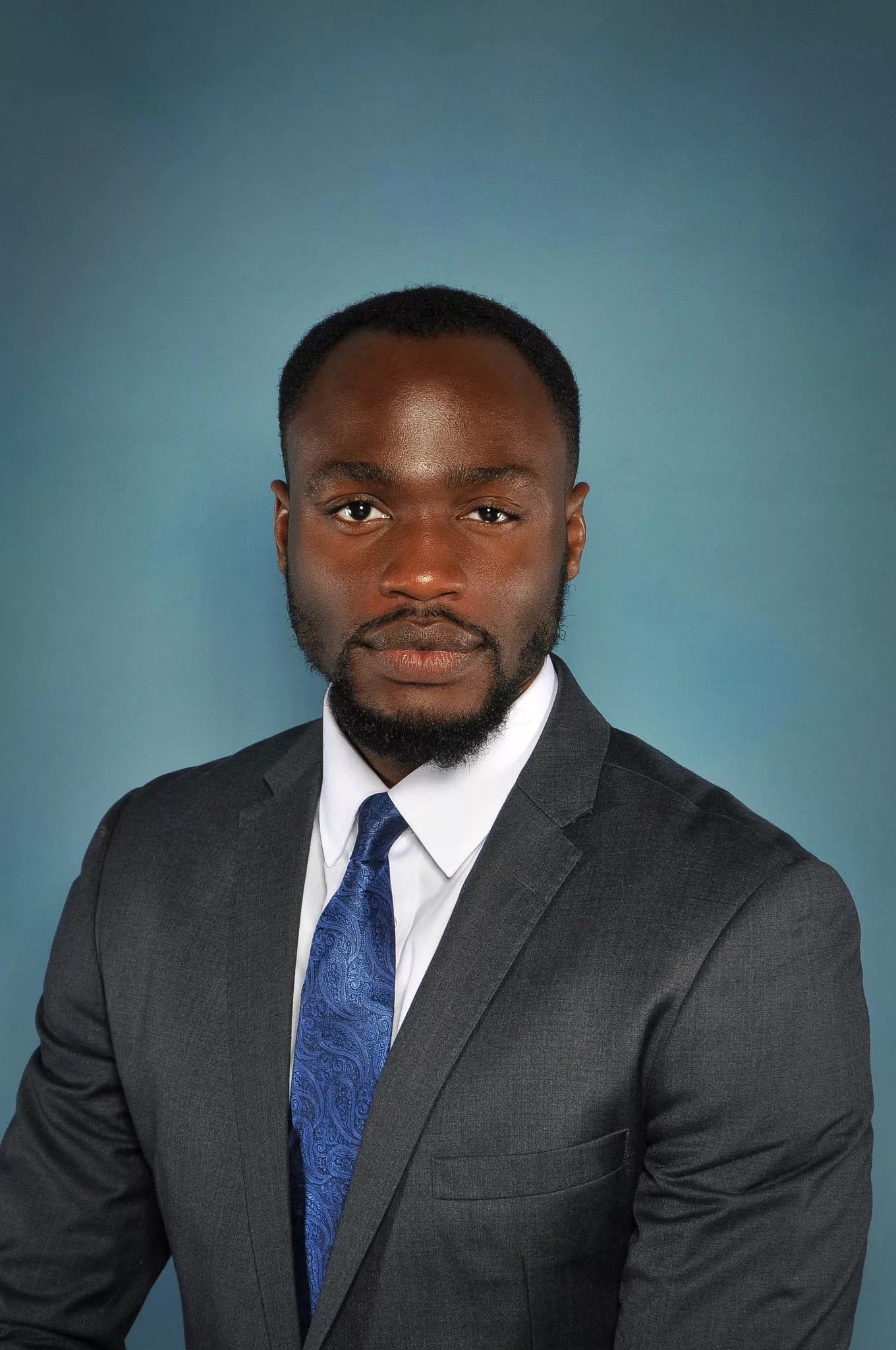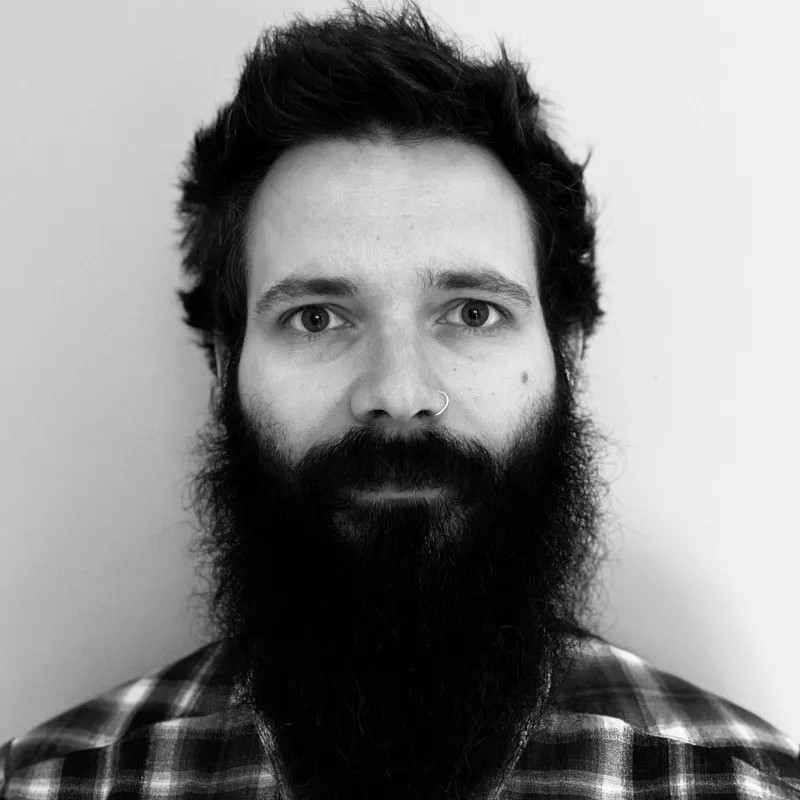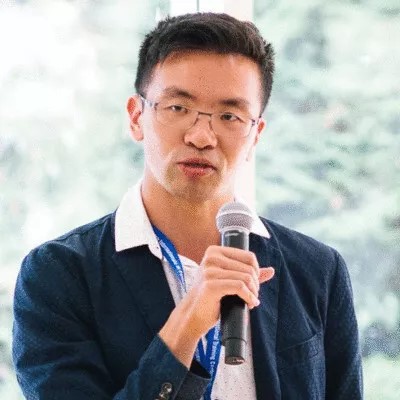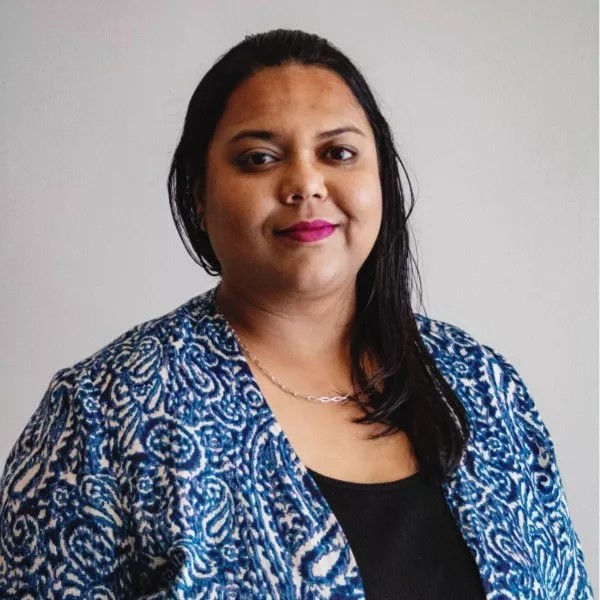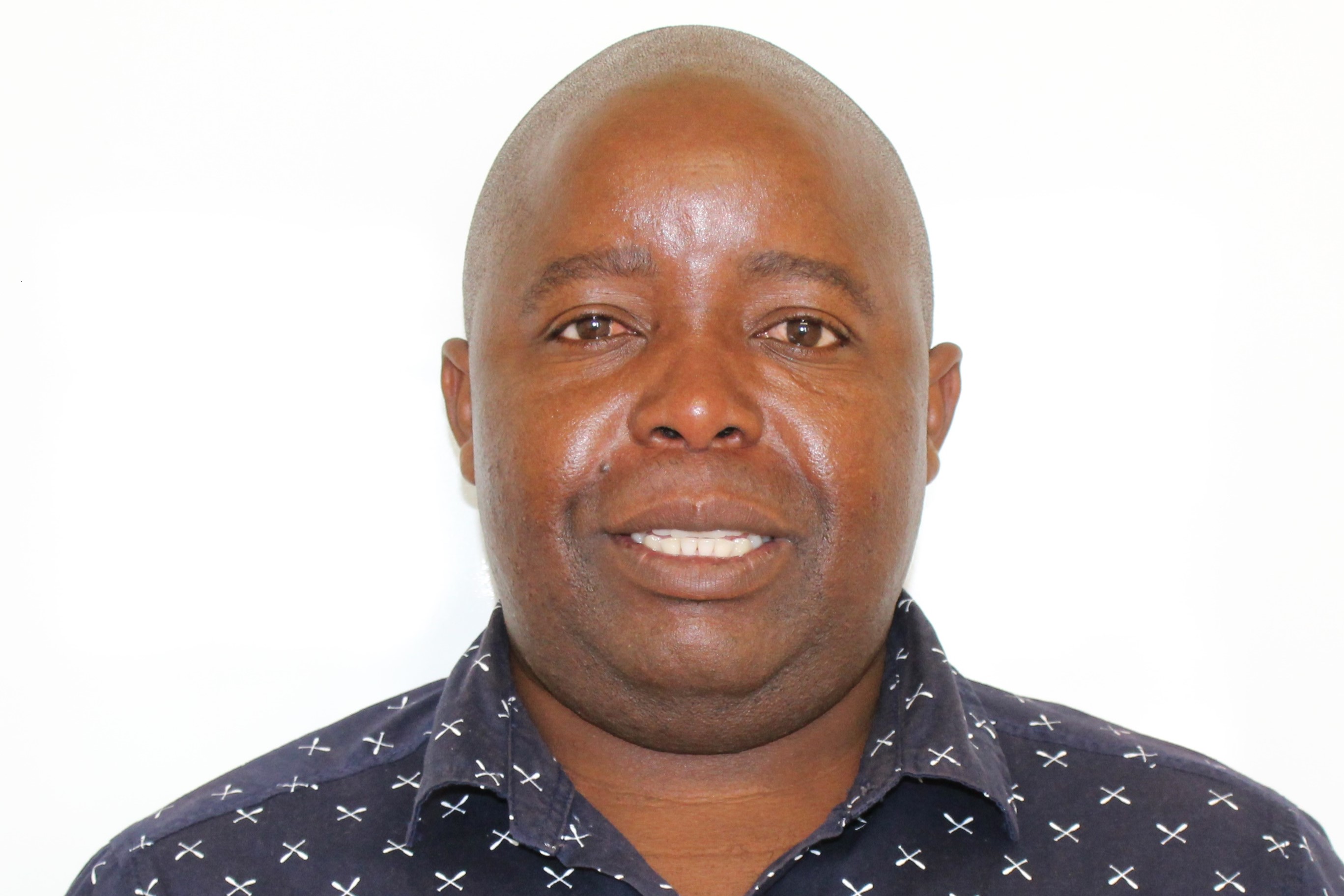We are 100+ specialists from various fields, relating to AI, data, and algorithmic decision-making. Our Mission is to ensure that everyone can access the conversation on AI. To that end, AI specialists may join as Aula Fellows, and together we work to multiply the impact of the work of individual Fellows and Fellowship projects.
Aula Fellows have attended hundreds of major AI conferences, produced several hundred scientific studies, organized conferences, edited special issues, consulted to the United Nations, attended the United Nations General Assembly, and published on the cover of Nature magazine.
To learn more or stay connected:
- See recent Works & News
- Sign up for our Newsletter
- Follow us on LinkedIn
Meet the Fellows
Senior Fellows
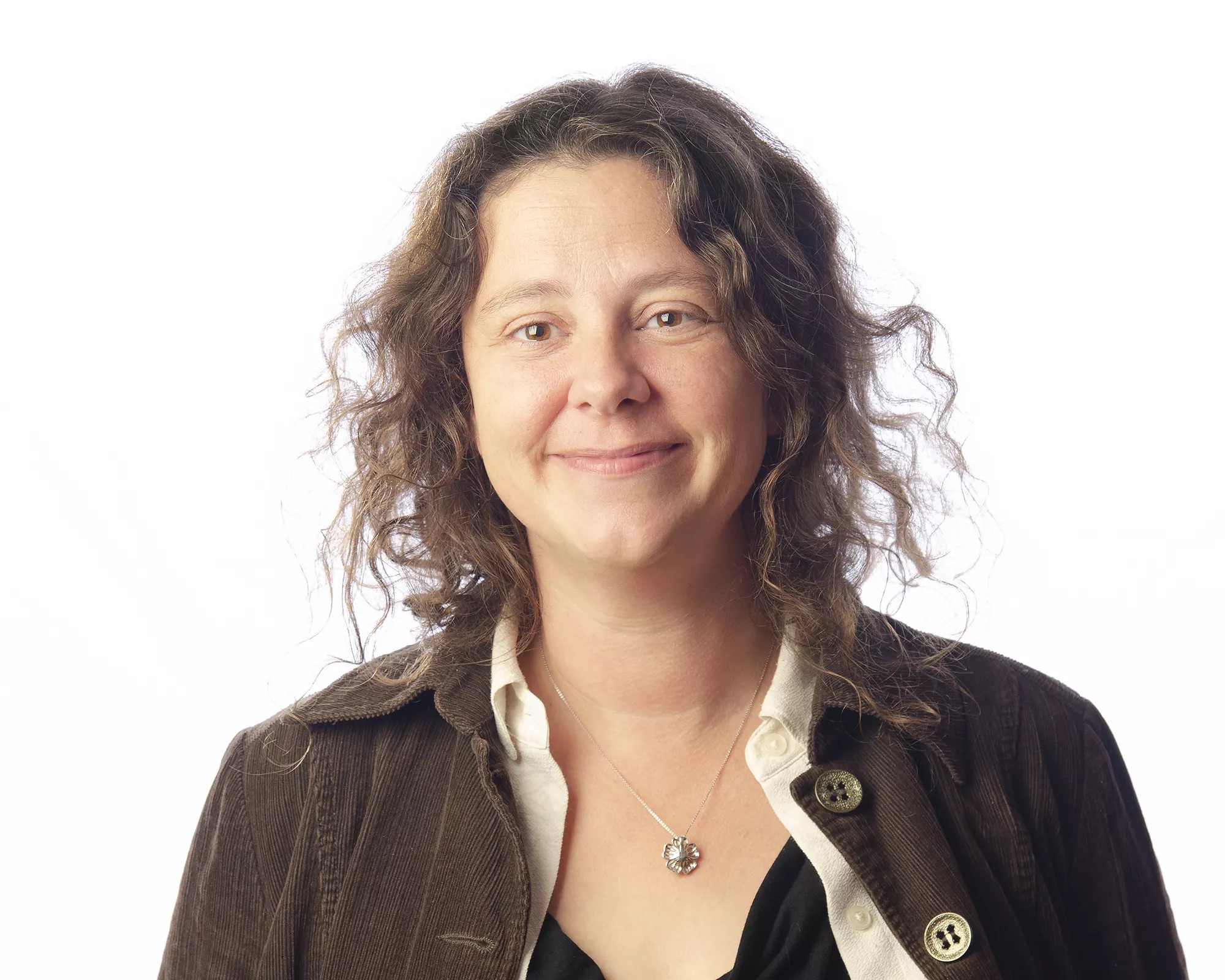
Tammy Mackenzie is a researcher, tech CEO, policy advocate, and mother. She is the Executive Director and co-founder of the Aula Fellowship, a think tank focused on applied AI, ethics, and system transitions.
Tammy holds an MBA with a specialization in SMEs, technology, and sustainability. She began her career in a CPA firm and has since worked as an SME account director, business owner, controller, and CFO. Across these roles, she has developed deep expertise in using technical, ecological, and social tools to drive systemic change. She contributes to public policy as a consultant, facilitator, and strategist, helping organizations navigate complexity with ethical, systems-based approaches. Her work focuses on the intersection of responsible AI, business strategy, ecological transition, and economic justice.
Tammy is an alumna of MIND, Vanier College, McGill University, Université Laval, and the MILA Summer School in Responsible AI. She is currently completing PhD research on the levers of power in society, part of her lifelong effort to understand and help guide the ways technology and ethics shape our collective future.
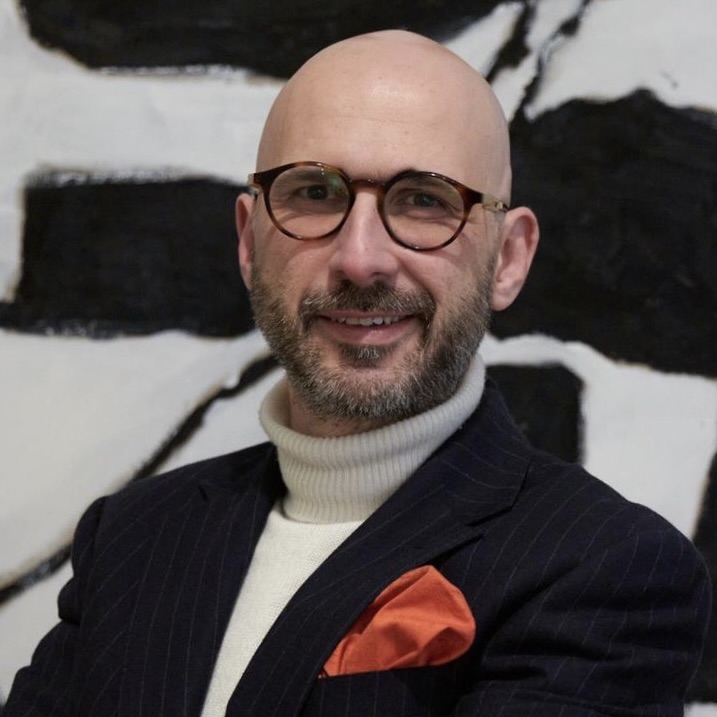
Branislav Radeljić is a professor of political science, focusing on Europe and the Middle East. He lectured for many years in the United Kingdom and, more recently, he has held professorships in Turkey and the United Arab Emirates. In addition, he has held multiple visiting appointments in Asia, Europe, and North America. As a consultant, Branislav has conducted research and provided specialized services to a broad range of clients, including government entities and non-governmental stakeholders. His work has involved thorough evaluations of governance regimes, institutional transparency and accountability, and prospects for increased citizen participation. As an expert witness (registered in EU/UK/US), Branislav has provided reports and testimony in legal proceedings in relation to asylum, refugee, and immigration matters. In terms of countries of origin, he covers Bosnia & Herzegovina, Kosovo, Montenegro, North Macedonia, Russia, Serbia, Turkey, and the United Arab Emirates. Branislav’s work in AI focuses on policies and governance, with a particular interest in addressing bias, risks, and accountability in AI systems. He is especially intrigued by the societal implications of AI technologies and how they can be regulated to ensure ethical and equitable outcomes.
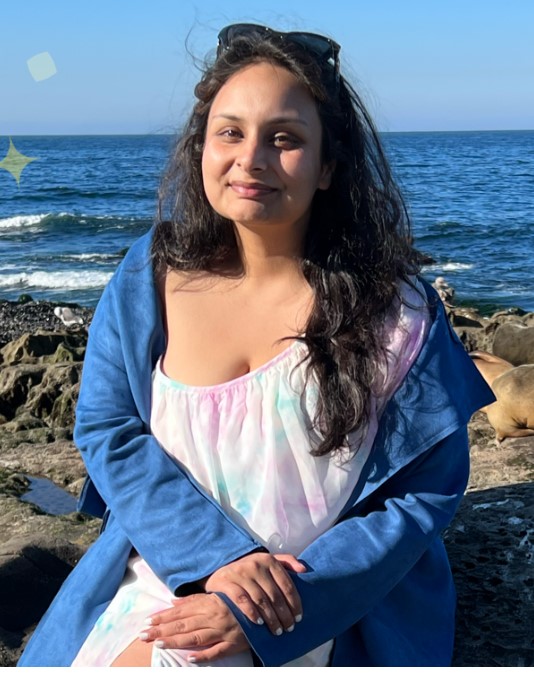
Dr. Sreyoshi Bhaduri is an engaged leader at the intersection of people, products, the future of work, and emerging technology. Sreyoshi leverages AI for mixed-methods research methods, ensuring that organizations intentionally center the human experience. Sreyoshi currently works at Amazon. She has previously headed Global People Research at McGraw Hill – the learning sciences company. At and outside of work, Sreyoshi is a global speaker passionate about demystifying AI and intentionally improving belonging in STEM. She was elected as a Senator at the Society of Women Engineers, and serves the Advisory Board for the Department of Engineering Education at the College of Engineering at Virginia Tech, USA; as well as the Danville Community College Automation & Robotics Program Industry Advisory Board. Sreyoshi has been honored as an Emerging Leader in Tech and Engineering (ELiTE) and Engaged Advocate by the Society of Women Engineers. Sreyoshi has also been inducted to the Yale Bouchet Honor Society. In a gist, Sreyoshi is a maker of lists and itineraries, who loves responsible technology, and enjoys dabbling in writing. Learn more about her impact at – www.ThatStatsGirl.com
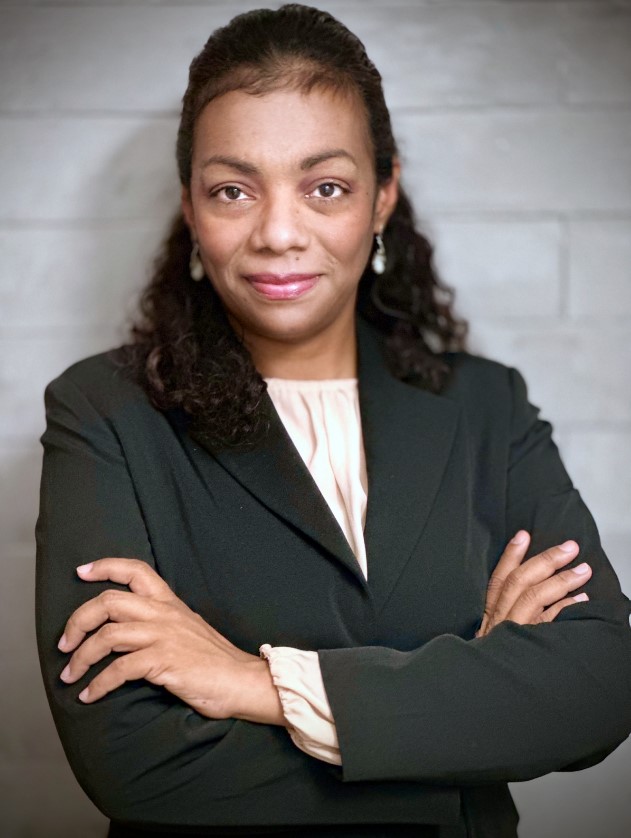
Leslie Salgado, Ph.D. in Communication and Media at the University of Calgary, is a seasoned professional in science communication. In her doctoral studies, she explores the interplays of Responsible AI, AI narratives, and their impact on policymaking and public trust. Leslie’s academic journey includes completing the AI Ethics of AI Certificate of the London School of Economics, being part of the inaugural cohort at the University of Montreal-MILA course on Responsible AI and Human Rights and participating in the Alberta Machine Learning Institute (Amii) Kickstart Program. Her practical experience includes a role as a research consultant on a project examining gender equality and inclusion in AI initiatives around the globe at MILA – Quebec Artificial Intelligence Institute. Her approach to responsible AI blends insights from science communication and science and technology studies. She actively volunteers with Women in AI Canada and contributes to its Calgary chapter.
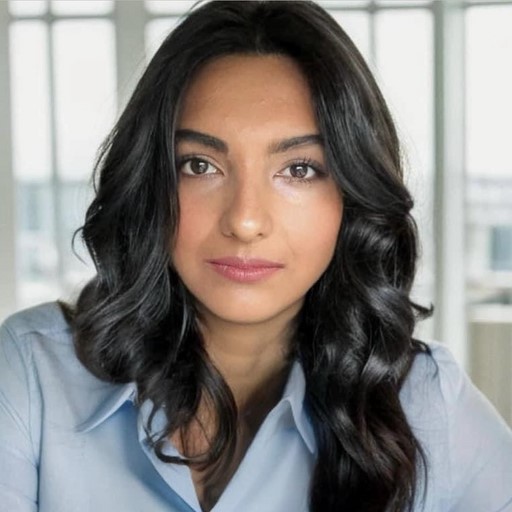
Victoria Kuketz serves as the Director of Corporate Engagement at Catalyst and is recognized for her work as an Obama Foundation Fellow, Civic Action DiverseCity Fellow and Public Policy Forum Democracy Fellow. She is currently serving as an Obama Fellow for Public Policy, in New York City. Based in the Greater Toronto Area, she focuses on public policy, democracy, and engagement, promoting innovation and inclusivity. With an academic background from the University of Toronto and the Mila – Quebec Artificial Intelligence Institute, Victoria applies her education to her professional roles, contributing to discussions and initiatives that aim to shape a more inclusive and democratic society. Her practical approach and commitment to her field have established her as a respected figure in her professional community.
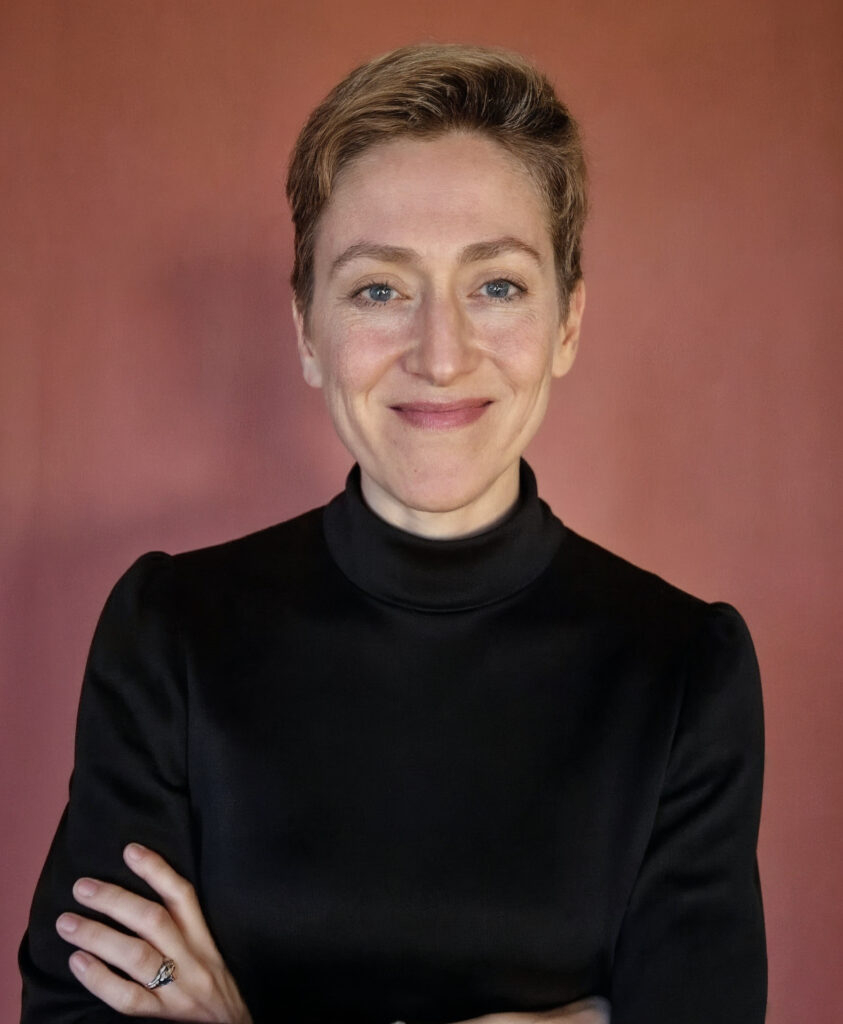
Dr. Muller is a transformational leader with 11 years’ experience in evidence-based policy and public health, the last six of which have been dominated by AI. She currently leads Nordic Women in AI Governance in addition to being the Research and education lead for Women in AI Norway, and is very aware of how insufficient a gender-only lens is if conversations on AI are to properly include marginalized perspectives. She has experience in consulting, government, AI development, and academia from Norway, the US, Germany, and the WHO, and her start-up is now supported by Innovation Norway to provide ethical AI governance consulting.
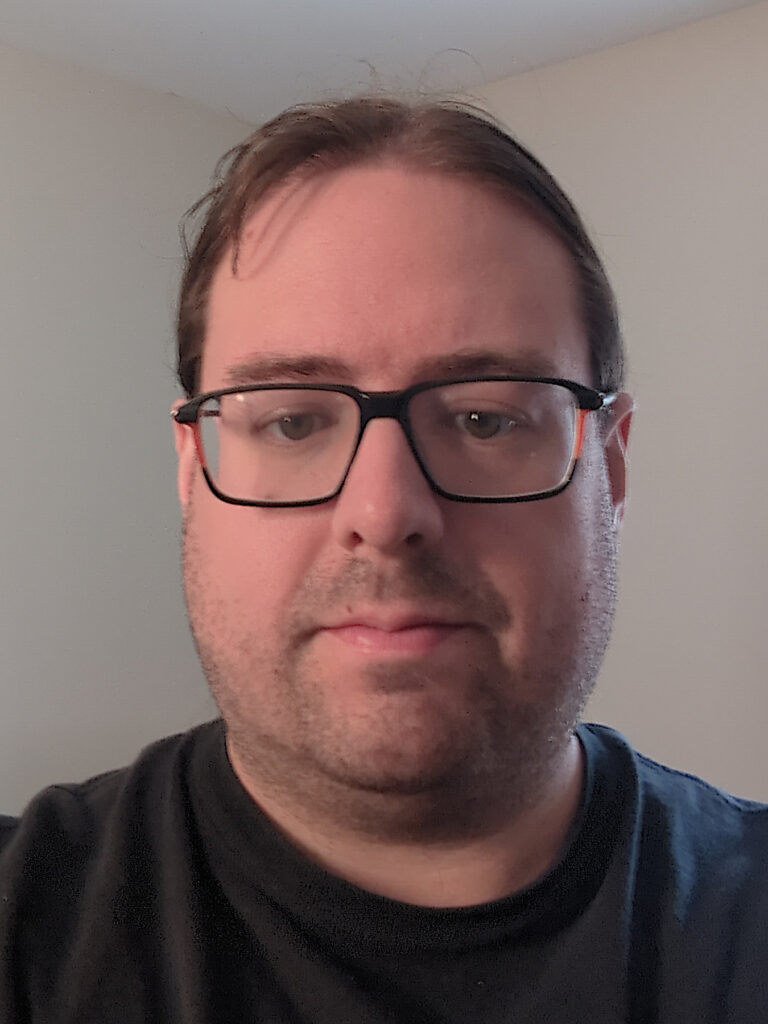
François Pelletier is a data science and privacy professional with an actuarial background. His experience includes research and development in the casualty insurance industry and medical data management. His expertise is in privacy-aware data life-cycle management, open-source software and open standards. He’s also a freelance consultant and casual influencer on social platforms such as LinkedIn, on topics such as technology dependencies, SaaS business models and social harms of consumer AI products. He’s also critical of gender imbalances in the tech industry, including the non-consent culture stemming from Silicon Valley and the burden of corporate AI ethics being overwhelmingly born by women. François is interested in researching the societal impacts of the adoption of generative AI by the public and the actual return of investment of large scale IT projects, and advocates for small scale, ecological and selective usage of AI technology. He is based in Lévis, Quebec and he’s from Saguenay, the blueberry and tourtière paradise.
Fellows
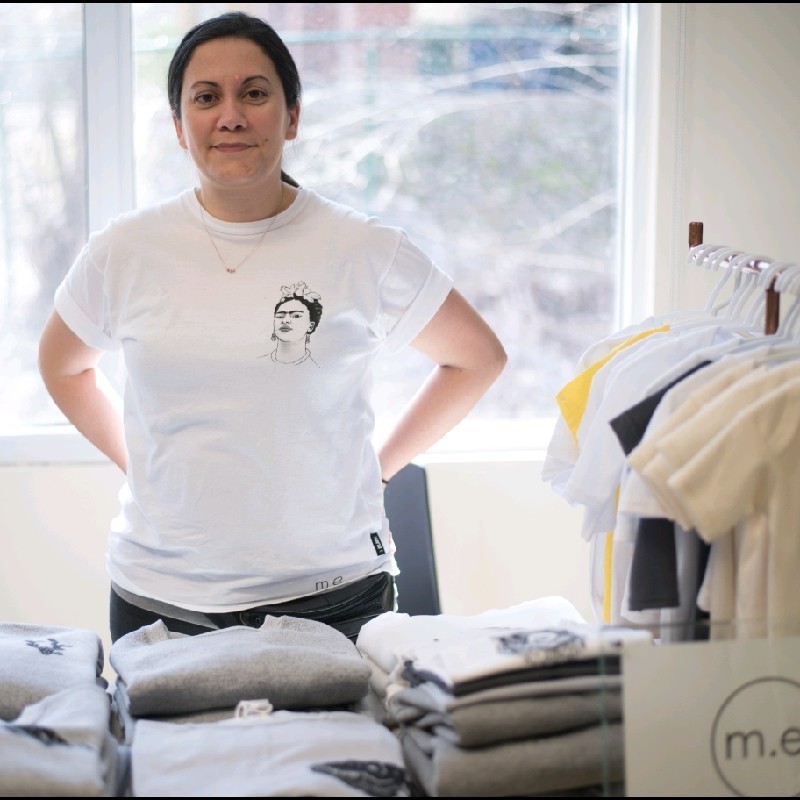
Office Manager
Marisa Eleuterio is the Administrative Assistant for the Aula Fellowship, where she provides support to the fellows dedicated to advancing responsible AI development. With a Bachelor of Fine Arts from Concordia University and studies in psychology, Marisa combines her artistic vision with her curiosity about human behavior and societal systems. As an artist, small business owner, and mother, Marisa believes in the transformative potential of technology to drive social and environmental betterment. Her interdisciplinary interests shape her vision of a future where innovation, sustainability, and creativity work hand in hand to create a thriving and equitable world.
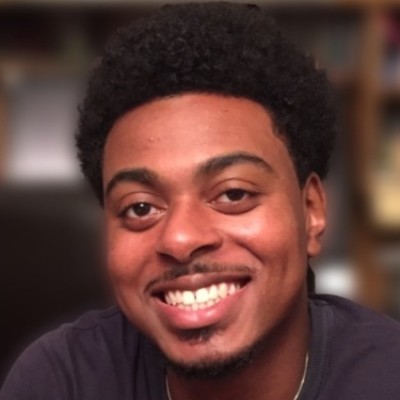
Devin Almonor is a machine learning engineer and AI ethics researcher. He has a Masters in Machine Learning and AI and loves to translate the technical to the nontechnical in his writing at the AI Ethicist. In his writing, he explains programming concepts to his readers, and he critiques governmental policies and their ethical, responsible implementation of technologies. He is passionate about responsible, ethical AI because he knows these technologies adversely affect those who look like him and other marginalized groups; he believes his work will foster an algorithmically safe society, and he is engaged in mentorship and AI policy programs, such as AI4All, The Center for AI and Digital Policy, The Ethical Intelligence Network, and Open Ethics. He is the change he wants to see, and he works diligently to make an algorithmically safe society a reality.
Onyedikachi is a Technical Community Advocate with over five years of experience in quality engineering, now fully focused on building inclusive, accessible, and empowering spaces in tech. She currently supports the JSON Schema community and contribute to Mozilla Common Voice, where she helps document open data efforts and foster inclusive collaboration. She leads both technical and non-technical community programs, champion accessibility, clear documentation, and sustainable community growth. She is also the founder of Spectrum of Speech, a global community that celebrates speech diversity and empowers people who speak differently through storytelling, shared strategies, and collective support. Her work sits at the intersection of open source, speech inclusion, and ethical voice technology, exploring how speech norms and voice tools can better reflect the richness of human communication.
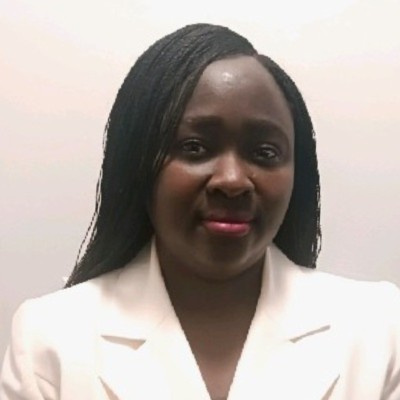
Fellow
I’m a GRC professional with 8+ years of experience across cybersecurity, enterprise risk, HR policy, and data privacy, starting in HR in Canada and moving into IT audit, risk, and compliance while continuing to support HR operations. Now focused on GRC and data protection, I connect policy with people and strategy with systems. At Winfinite Consulting, I lead ISO 27001-aligned ISMS operations, support SOC 2 Type II audits, drive control testing, vendor risk assessments, business continuity initiatives, and help clients build AI Governance frameworks aligned with ISO 42001 and NIST AI RMF. I volunteer with the AULA Fellowship on international AI governance and with DPO Africa on GDPR privacy strategies, gap analysis, and regulatory engagement. A Certified Information Security Manager and Security Awareness Advocate, I design and deliver training to reduce human risk and foster a culture of compliance, guided by the belief that real security transformation starts with people.
Jake Okechukwu Effoduh is an Assistant Professor at the Lincoln Alexander School of Law of Toronto Metropolitan University. He has gained significant expertise in AI regulation and international human rights advocacy at various ranks of legal systems. As Chief Councillor of the Africa – Canada Artificial Intelligence and Data Innovation Consortium (ACADIC), he provided human rights and compliance expertise on the use of AI and Big Data in Canada and across 20 African countries. He serves on the World Economic Forum’s Global Future Council on Frontier Risks.
Peer Herholz, a Research Assistant Professor at Northwestern University and Research Affiliate at McGill University and the McGovern Institute for Brain Research, is an expert in AI, neuroscience, and open and responsible science. With a strong background in data and project management, software development, and statistical data analysis, Peer’s research journey began with investigating the neurobiology of auditory processing. His current interests include the generalization in biological and artificial agents and the transformations underlying intelligent adaptive behavior. Peer is actively involved in organizing and conducting workshops, hackathons, and lectures, and is dedicated to promoting open, reproducible, and FAIR science across various academic and research institutions.
Kai is a a Ph.D. Candidate and Work & Technology researcher at HEC Montréal, known for his impactful contributions to understanding the nexus between work, data value chains, and society. He is a Visiting Fellow at the Work and Equalities Institute at the University of Manchester, working on responsible AI. With a rich background that includes roles at the International Development Research Centre, the International Training Centre of the ILO, and Global Affairs Canada, his work spans global contexts. Holding advanced degrees in Public and International Affairs and International Development from the University of Ottawa, where his research garnered significant accolades. He actively contributes to the discourse on science and technology and sustainable development. His involvement in projects and initiatives, such as the AI Impact Alliance and the Leading With AI Lab and MOOCs on innovative financing courses, underscores his commitment to leveraging technology for societal betterment.
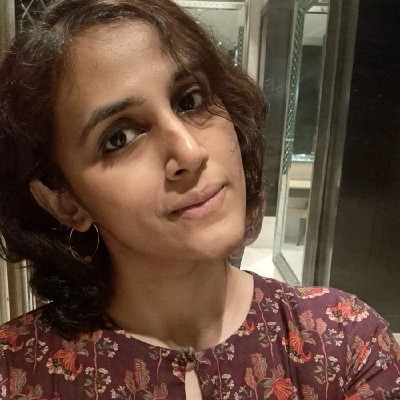
Fellow
I have 15 years of experience working as a feminist researcher, facilitator GBV, peace educator, and mediator. I have experience engaging in multilateral processes through the Women 7, UNNGLS, European Union, United Nations, and Regional Consultations for the Commission on the Status of Women. I focus on the Women, Peace, Security Agenda, Feminist Foreign Policy, and Transitional Justice. I hold a master’s degree in Peace and Conflict Studies from CTPSR, Coventry University, and another master’s degree in Sustainable Peace in a Contemporary World from UPEACE, Costa Rica. I have a bachelor’s degree in law from SOEL, Chennai. I speak English, Hindi, Tamil, Spanish (basic), and French (basic). I founded and run civitatem resolutions, an initiative dedicated to facilitating and supporting networked feminisms by working with community, building online and offline containers, and mapping constellations of knowledge. I also set up the CRSV Observatory, a memory project that documents sexual violence in armed conflict, violent conflict, settler colonialism, and mass violence contexts.
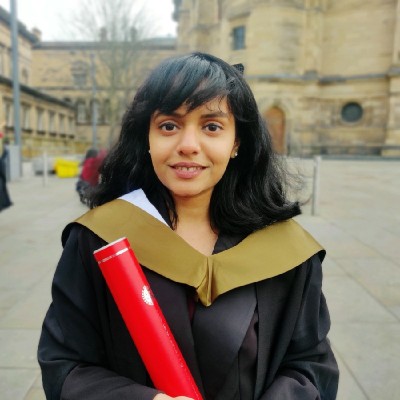
Varsha Kesavan is a PhD candidate in Medical Sciences at the University of Alberta, researching AI-driven generative restoration for motion correction in cardiac MRI. She holds an MSc in Data Science from the University of Edinburgh and has industry experience as a Deep Learning Engineer at Dimensionless Technologies, where she built AI products for baggage contraband detection and counterfeit classification, and as an AI Research Intern focused on deepfake detection. Earlier, she developed automation microservices at Tata Consultancy Services. Varsha’s work spans computer vision, anomaly detection, and generative modeling, backed by strong DevOps skills and publications in deep learning–based image captioning.
Rubaina Khan, PhD in Education at the Ontario Institute for Studies in Education, University of Toronto, is a meticulous engineering educator with over ten years of experience in post-secondary teaching. Specializing in engineering education, she focuses on empathy in engineering, sustainable design, and program evaluation. Rubaina has developed educational programs, led workshops on community and cultural engagement, and coordinated training initiatives for teaching assistants. Her academic and professional journey includes significant contributions to intercultural education and innovative instructional design.
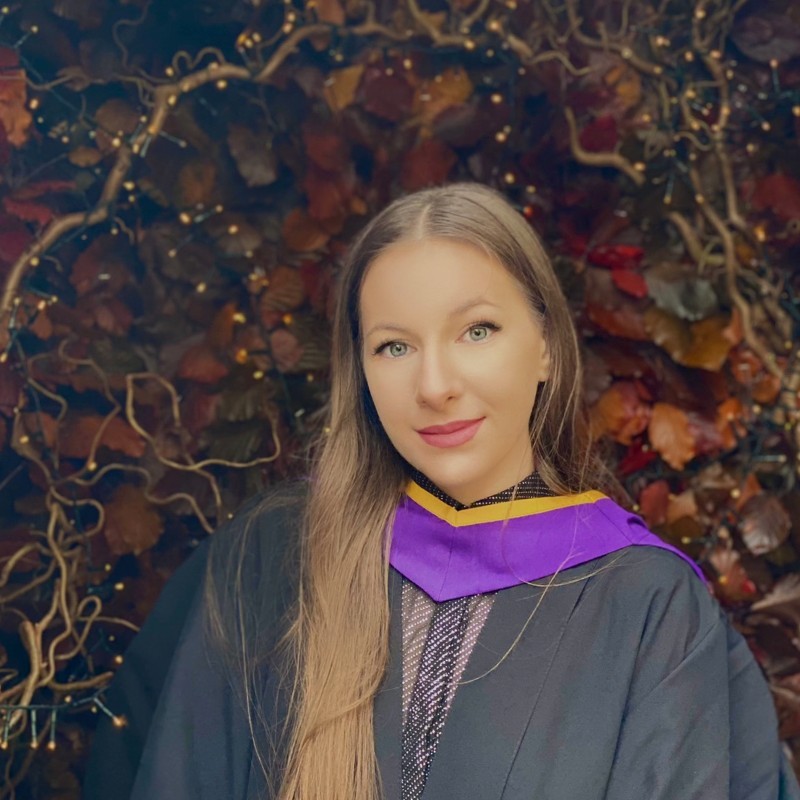
Leda Kuneva, M.Sc.
Fellow
Leda Kuneva holds an MSc in Human Rights from the London School of Economics and Political Science, as well as a joint Honors degree in International Relations and Law from the School of Oriental and African Studies (SOAS University of London). With rich experience delivering impactful research and policy-oriented materials to stakeholders across the public, private, and civil society sectors, she specializes in issues of diversity, equality, non-discrimination, risk and harm, and vulnerability. With over a decade of high-responsibility experience in the non-governmental sector, she has worked extensively with girls and young women on civic education and sport. Her areas of expertise and interest include women’s and children’s rights, Women, Peace, and Security (WPS), International Human Rights Law (IHRL), anti-discrimination and substantive equality, intersectional vulnerability, gender justice, and business and human rights.

Fellow
Waridah bridges AI, law, and fintech to build ethical, scalable compliance systems. A certified expert in AI governance, Privacy Operations, Data Protection and Anti-Money Laundering, she’s shaped policy at the United Nations level, drafted corporate policies, implemented KYC/KYB/EDD processes and developed training programs on AI alignment and Governance. She continues to draft policy/implement projects for companies and states ensuring ethical and secure AI integration (KYC screening, Fraud detection tools) and generally, ensure compliance with global regulatory frameworks, including data protection. Reach out for a chat if interested in working together.
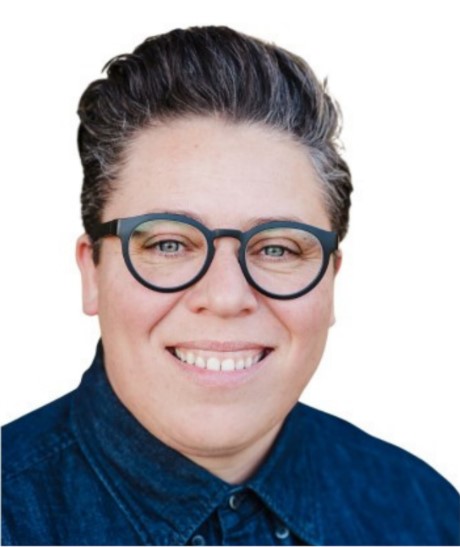
Jess Malz, M.A.
Fellow
Jess Malz is an expert facilitator, learning experience designer, and coach. Jess is deeply passionate about creating highly engaging developmental experiences grounded in cutting edge theories and methodologies. Their academic qualifications include a Master of Arts in Human Systems Intervention, and certifications in personal and professional coaching from Concordia University, Theory U, Immunity to Change, Instructional Design and Technology, Liberating Structures, Kaospilots, and Learning Experience Design and Digital Process Design & Facilitation.Jess has worked directly on 200+ projects with world renowned organizations including McGill University, the UN, the Canadian Government, GSOFT, Cirque du Soleil, Zu, C2 Montreal, MILA, OPEN Network, Global Vision, D3 Innovation Hub, and Goalcast. Jess aims to spark deep learning, connection, creativity, and innovation with their clients.
Prof Allen Munoriyarwa is an Associate Professor of journalism at Walter Sisulu University in South Africa. His research interests are AI, digital surveillance, digital media ecosystems and practices. He has researched widely on AI and co-authored the first journal article on AI in South Africa’s newsroom. He is co-editing a special issue on AI and journalism practices, which will appear in Journalism Practice. He is also working on several other research projects on AI. His main focus on AI is at the intersection of AI technologies and media/journalism.
Dr. Cleopatra Nyangari Mushonga is a seasoned cybersecurity leader with 16+ years of experience in network security, information systems, knowledge management, and project management across academia and industry. She has built and operationalized two enterprise security awareness programs and advanced Governance, Risk & Compliance, Identity and Access Management, and Incident Response initiatives. Holding a DPhil in Information Technology focused on AI-driven text mining for project knowledge discovery, she is certified in CISSP, CompTIA Security+, AWS Cloud Practitioner, and ProofPoint AI/ML. A dedicated mentor and community volunteer, Dr. Cleo promotes cybersecurity awareness and digital literacy while guiding students and professionals toward impactful careers.
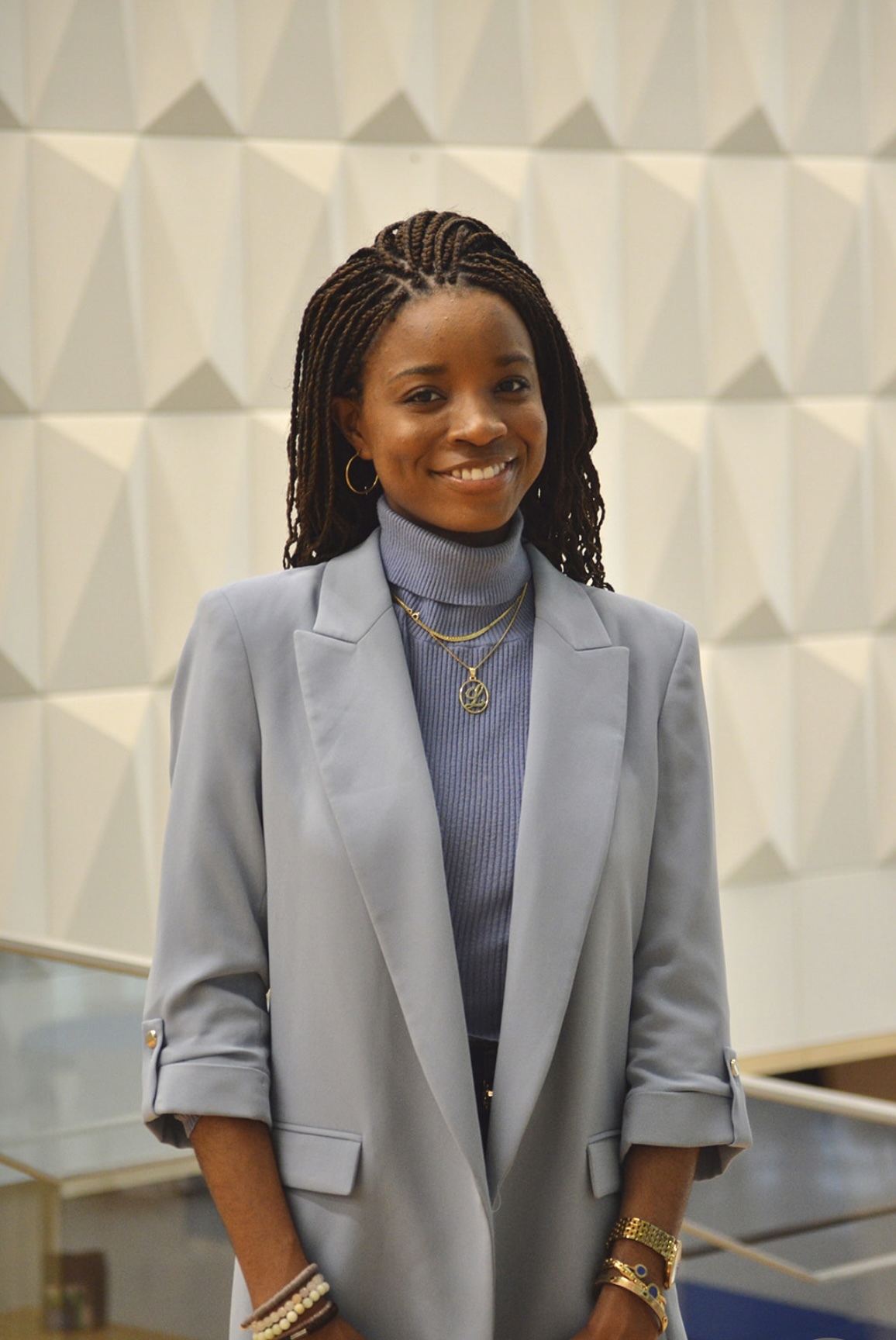
Lesly (she/her) is a current doctoral student in Industrial & Organizational Psychology at the University of Montreal (QC, Canada). Her research interests revolve around the future of work, DEI (diversity, equity, and inclusion), occupational health and safety, and the digital transformation of workplaces, including AI, technology, and hybrid work models. She believes that investing in people and their skills is investing in a better future. With this vision, Lesly aims to reshape the future of work by prioritizing wellbeing, inclusivity, and resilience in a tech-driven world. In her free time, she enjoys volunteering, attending events, and listening to podcasts while exploring the beautiful city of Montréal.
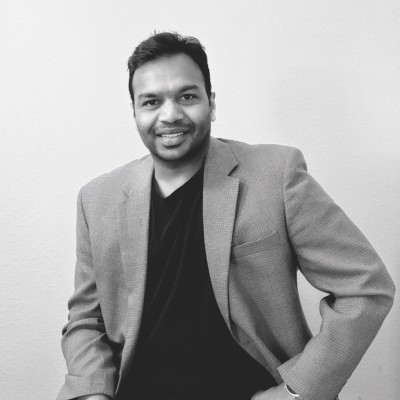
Anil Pantangi is a senior product and technology leader working at the intersection of responsible AI, enterprise systems, and human potential. With a background spanning telecom, HR tech, and digital transformation, he has led award-winning innovations in AI-driven platforms that empower career growth and organizational intelligence. Anil is currently focused on building scalable, responsible AI applications in complex environments and exploring the frontiers of quantum AI. Outside of work, he mentors aspiring technologists and speaks globally on AI’s role in shaping meaningful, user-centered experiences. He joins the Aula Fellowship to help shape thoughtful, interdisciplinary dialogue on the future of science and society.
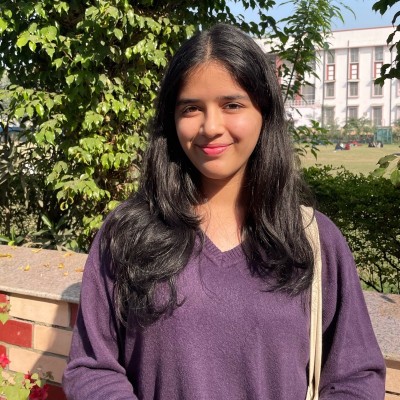
Fellow
A BTech Electronics and Communication Engineering student at Indira Gandhi Delhi Technical University for Women (graduating 2026) and current Research Fellow with the Aula Fellowship for AI Science, Tech, and Policy, she is also a Samsung ISWDP Fellow and AnitaB.org Grace Hopper Scholar. Her experience spans an RF Design internship at DRDO, leadership as Head Coordinator for Taarangana and Director of Club Services at Rotaract Club—organizing donation drives, mental-health campaigns, and climate-action initiatives—and development of an IoT intruder detection system using Bolt Microcontroller and Twilio API.

Zachary Rosenthal holds degrees in history and anthropology from Concordia University. His anthropological degree focused on food access, sustainability, and biotechnological ethics. Zach is a trained Data Analyst and Data Scientist with experience in statistical modeling and machine learning.
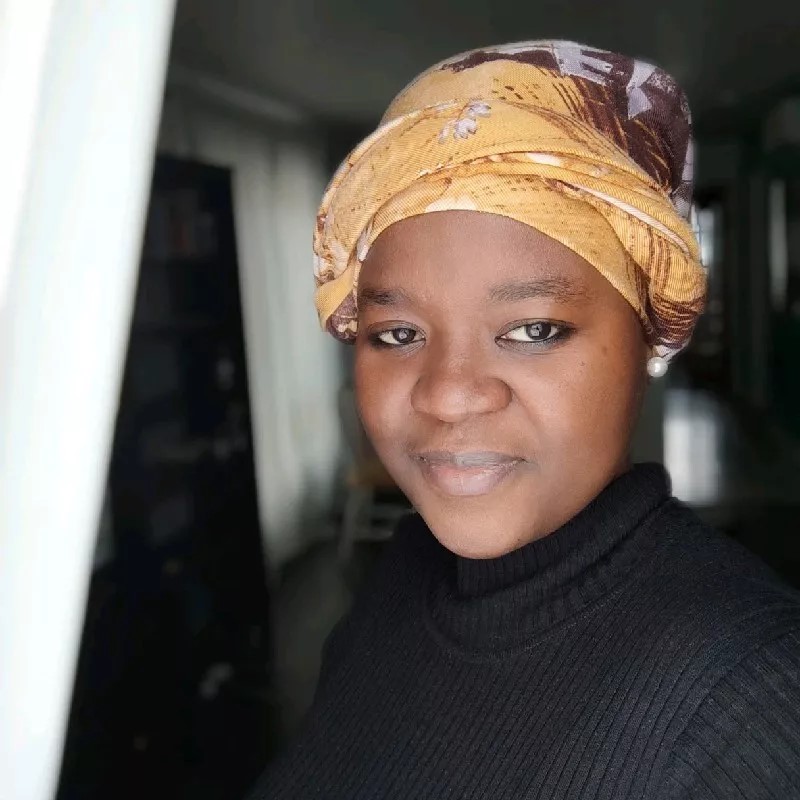
Awa SAMAKE, a PhD candidate in Computer Science (AI), is a dedicated statistician and data scientist with extensive expertise in AI, genomics, statistics, and data science. She holds multiple advanced degrees, including an MSc in Machine Intelligence from AIMS-Rwanda (in partnership with Google and Meta), an MSc in Probabilities and Random Models from Sorbonne University, and an MSc in Statistics from USTHB-Algiers. Awa’s research interests span genomics, machine learning, deep learning, reinforcement learning, computer vision, fairness, and ethics. She has significant experience working with international teams, contributing to projects in healthcare, agriculture, and education. Awa is also an active community member, involved in various initiatives supporting international students and promoting responsible AI.
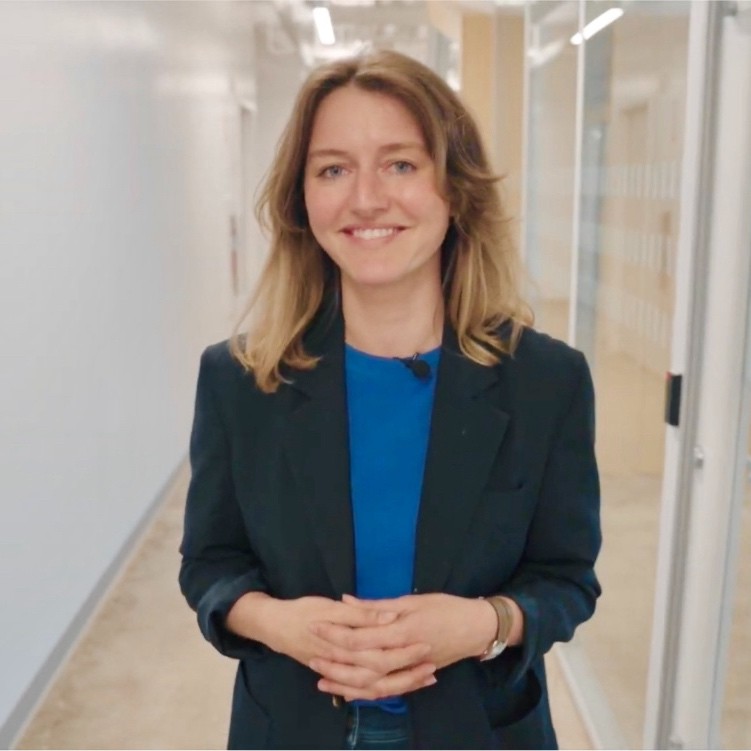
Solenne Savoia, M.Sc.
Fellow
Solenne Savoia holds a degree in English, American, and French law, as well as a Master of Science in Business Management. She has been immersed at the intersection of technology and the United Nations Sustainable Development Goals (SDGs) for over six years. Deeply interested in the societal impact of technology, she participated in the design and launch of the first French summit dedicated to inclusive and sustainable tech in 2018. After years of collaborating with impact-driven entrepreneurs, Solenne joined Mila in January 2023. At Mila, she leads a team managing a portfolio of talent and learning programs in the dynamic field of responsible artificial intelligence. These programs serve a diverse audience—including machine learning researchers, industry practitioners, and policymakers—equipping them with the tools and knowledge needed to navigate and shape a socially beneficial AI landscape.
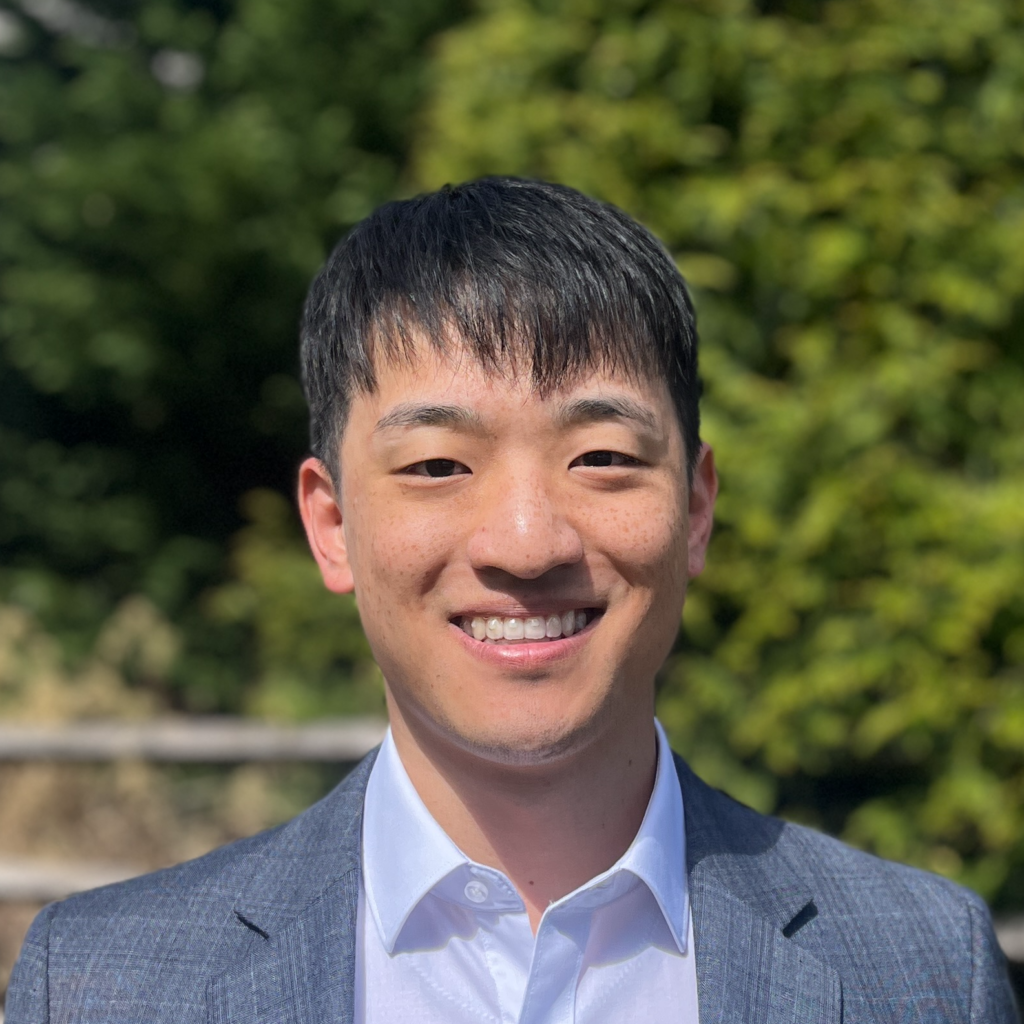
Andrew Ham, M.I.A
Fellow
Andrew Ham is an AI researcher with an interdisciplinary background in international relations, political science, and public policy. As an Associate Research Fellow for the Centre of Policy Research at United Nations University, his research examined the ethical and societal
implications of AI systems, gaps in governance, human-AI interactions, and the development of
AI regulations and standards. Prior to this, he facilitated diplomatic training for the U.S.
Department of State as a Program Coordinator at the Foreign Service Institute. He holds a
Master’s in International Affairs from Columbia University with a concentration in economic
political development and regional specialization in East Asia.
Dr. Preet Deep Singh is a Vice President at Apna.Co, a unicorn to match jobs with candidates. He leads Strategy and AI enablement. He was recognised in Global 100 in AI list. He served at Invest India, the national investment promotion agency of India, under Ministry of Commerce and Industry, leading Artificial Intelligence (AI) Adoption for the Government of India. He has been actively involved in promoting the use of AI in public policy. He has trained over 50,000 Government officers including the Prime Minister’s Office to use Generative Artificial. He hosts multiple highly rated courses on Karamyogi portal. Dr. Preet Deep Singh is a Gold Medallist PhD from IIM Ahmedabad. He teaches Blockchain, and Artificial Intelligence IIT Kanpur and IIT Bombay.
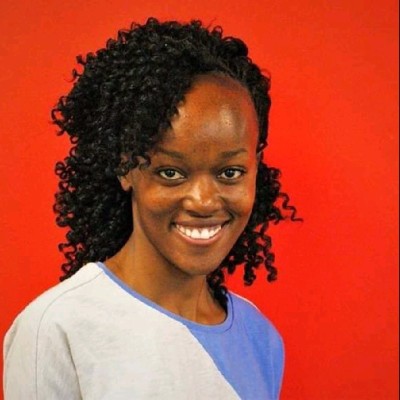
Faith Wamalwa is a communications and multimedia journalism professional with a strong background in media, public relations and advocacy. She has worked across sectors including media, International Governmental Organisations, healthcare and development helping organisations craft impactful narratives that engage audiences and drive meaningful change. Faith holds a Master’s degree in Digital Journalism and was awarded a Distinction in Student Leadership for her outstanding contribution to student engagement, administration support and institutional development. She is also a two-time grantee of the Henry Nxumalo Foundation for investigating international crimes. She is passionate about the intersection of communication, digital media and emerging technologies, particularly the artificial intelligence (AI) ethics and inclusivity as well as the use of AI in driving credible and impactful narratives. Faith brings creativity, strategic insight and a commitment to equity into her work with experience leading content strategies, digital campaigns, advocacy and stakeholder engagement. She currently serves as the Vice Chair at the Network for Media and PR Women and actively contributes to projects advancing civic space, gender equity, good governance and media research in East Africa and Africa.
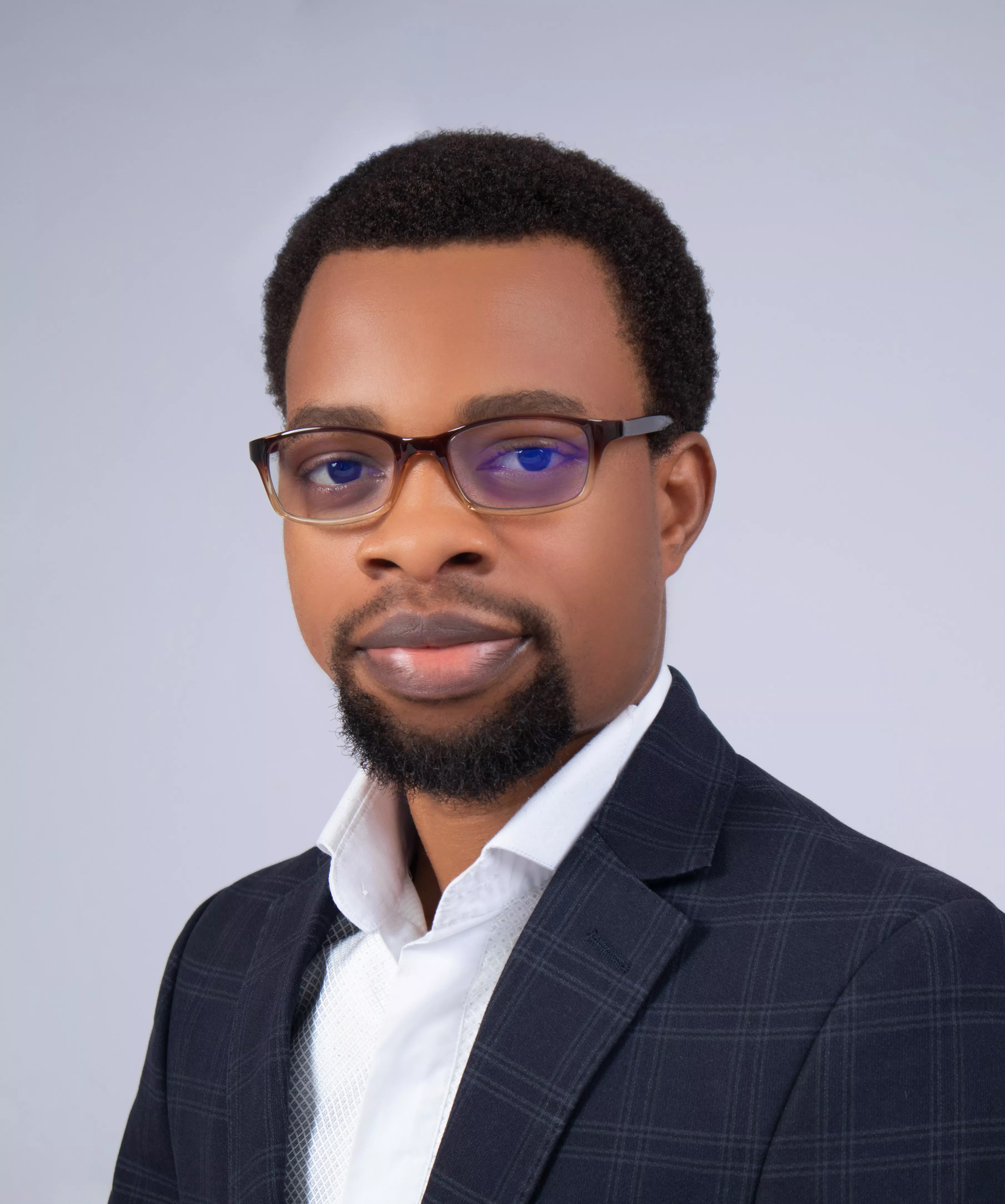
Emmanuel is a chartered environmentalist and independent climate, energy and environmental policy advisor. He has advised high-profile organizations like Global Affairs Canada on equitable gender-sensitive climate transitions, and the UK Government on climate and environmental matters in Nigeria, where he also led and managed a £66 million UK-funded program which provided clean energy access for millions of underserved people. Previously, he supported partnership initiatives at the United Nations Environment Program headquarters in Nairobi, Kenya, and also delivered environmental responsibility projects with the British International Investment in London, UK. Presently a Doctoral Student at the University of Toronto, and a Research Fellow with the Earth System Governance Project Network, Emmanuel’s research background spans environmental policy, just transitions, climate governance, energy justice, and resilient development, particularly across Africa and in Canada. He holds an MSc in Environmental Management with distinction from the University of Greenwich as a Commonwealth Scholar, and another Master of Public Policy from the University of Oxford as an Africa Initiative for Governance Scholar. Emmanuel’s role as an Aula Fellow involves exploring critical linkages between Artificial Intelligence and equitable / just climate, energy and environmental transitions.
Junior Fellows
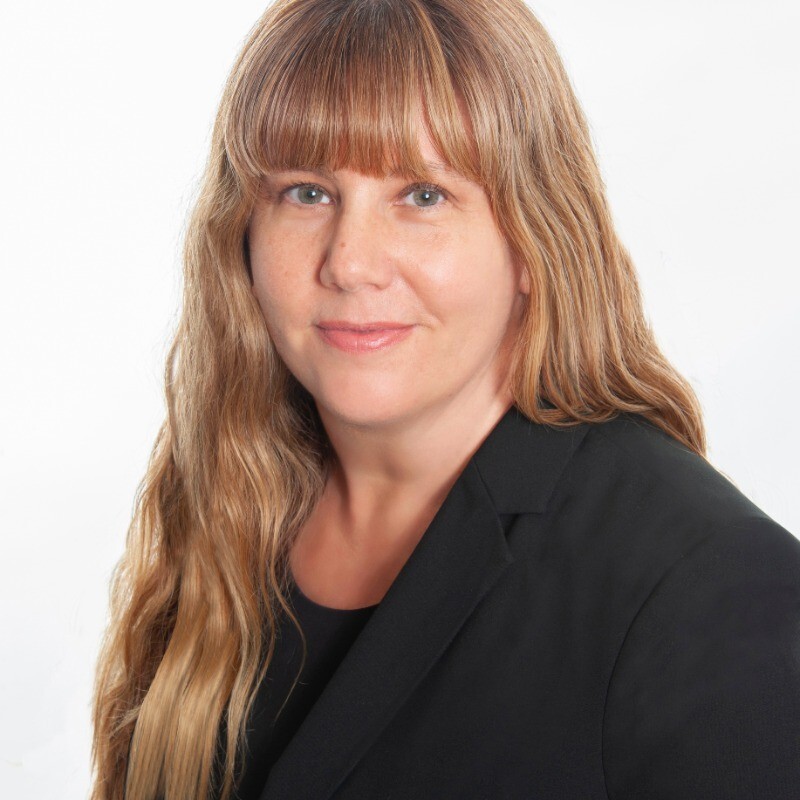
Cynthia Madden is a cybersecurity and AI governance leader whose work centers on the principle that threat knowledge is power. Her background spans cyber threat intelligence and security strategy, with experience supporting national defense, critical infrastructure, and enterprise readiness initiatives in defensive operations across government and industry. Cynthia’s work emphasizes that technical fundamentals are necessary for effective AI oversight. She consults on AI audit capabilities designed to ensure the responsible, transparent, and secure use of emerging technologies. Her education-first approach empowers the next generation to direct AI rather than be directed by it. She is an instructor with Girls in Cyber, a mentor at universities, and an active volunteer focused on digital safety and resilience reflecting her belief that community building is capital.

Fellow
Mackenzie is a retired CPA, co-founder and former partner at Amstutz Mackenzie et Associées.
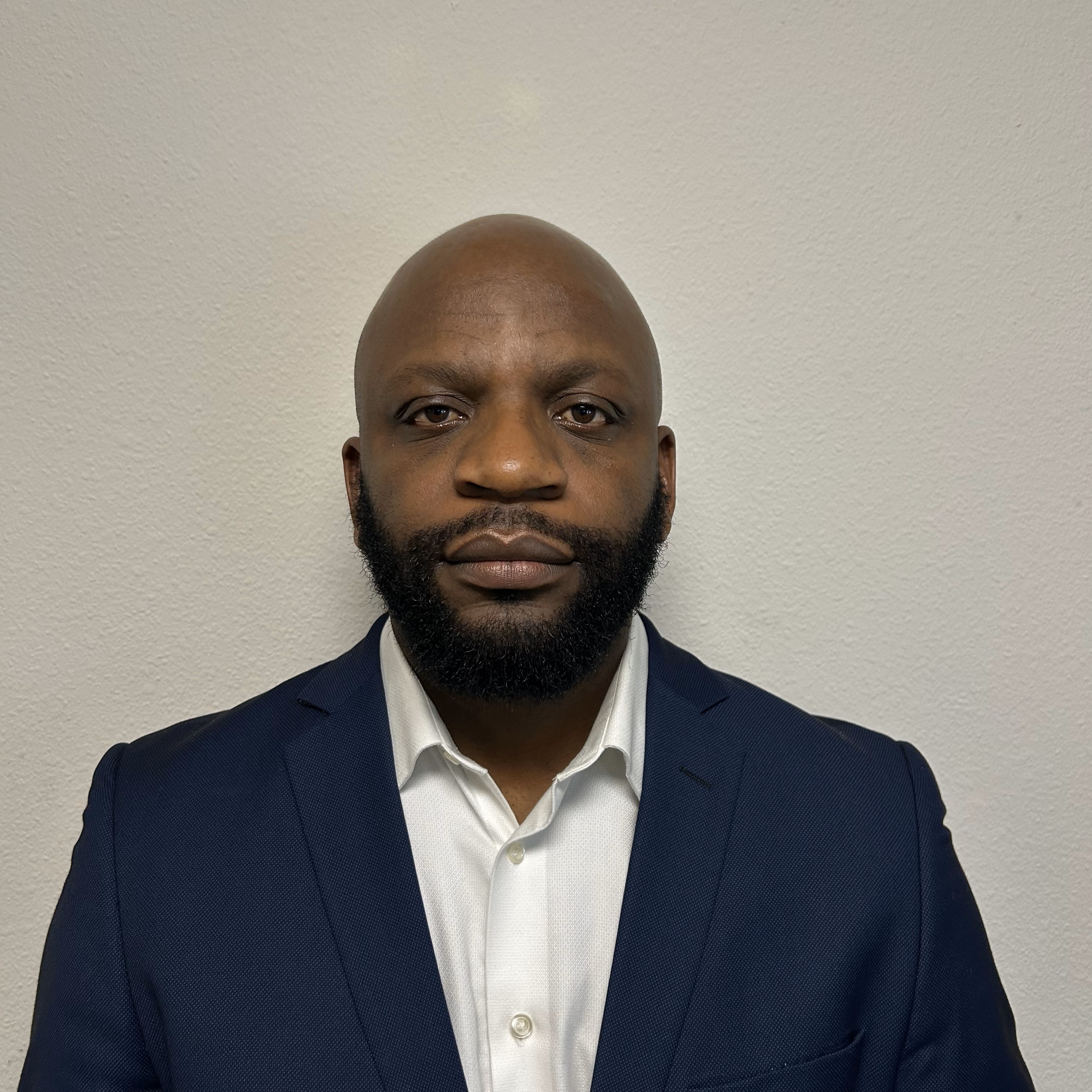
Robert Munjoma, Ph.D.
Junior Fellow
Robert Munjoma is a distinguished AI ethicist and master strategist in organizational transformation, boasting over two decades of multifaceted experience spanning corporate leadership, consulting, and academic research. His expertise lies at the confluence of artificial intelligence, ethical governance, and systemic change, making him a sought-after advisor for governments, multinational corporations, and international organizations. As the author of Mindful Machines, Masterful Humans: The Role of AI, Innovations, and Tech Mastery in Organizational Transformation, Robert delves into the nuanced interplay between technological advancements and human-centric leadership. His work underscores the imperative of aligning AI innovations with ethical frameworks to foster sustainable and inclusive growth.
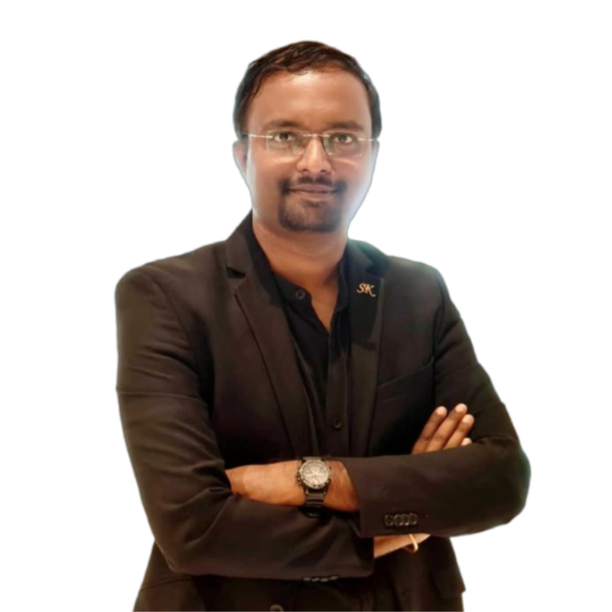
Dr. Santosh Karthikeyan Viswanathan is a distinguished Data and AI Leader working as the Global Technical Director at AstraZeneca. He provides strategic, technical and operational leadership for the Data and Analytics platform in R&D. He has successfully led large-scale data teams, established capability hubs and developed AI-driven solutions that enhance efficiency, improve product quality and reduce costs. Dr. Karthikeyan has led data science projects focused on predicting adverse drug reactions in Life Sciences and has managed teams in the digital and analytics practice. He holds the World Record as a Prominent Scholar in Data & Analytics, recognized by the World Book of Records in London and was recently honored with the AI Leader Award. A mentor, author and technology advisor, he inspires young talents and helps organizations harness the transformative potential of data and AI. Additionally, Dr. Karthikeyan is a TEDx speaker and an esteemed presenter at AI tech forums such as 3AI, AIM, SCDM, ACDM and other global events. He likes to contribute to a brighter, more compassionate world and to guide organizations in unlocking the power of data, AI and technology for the betterment of healthcare and beyond.
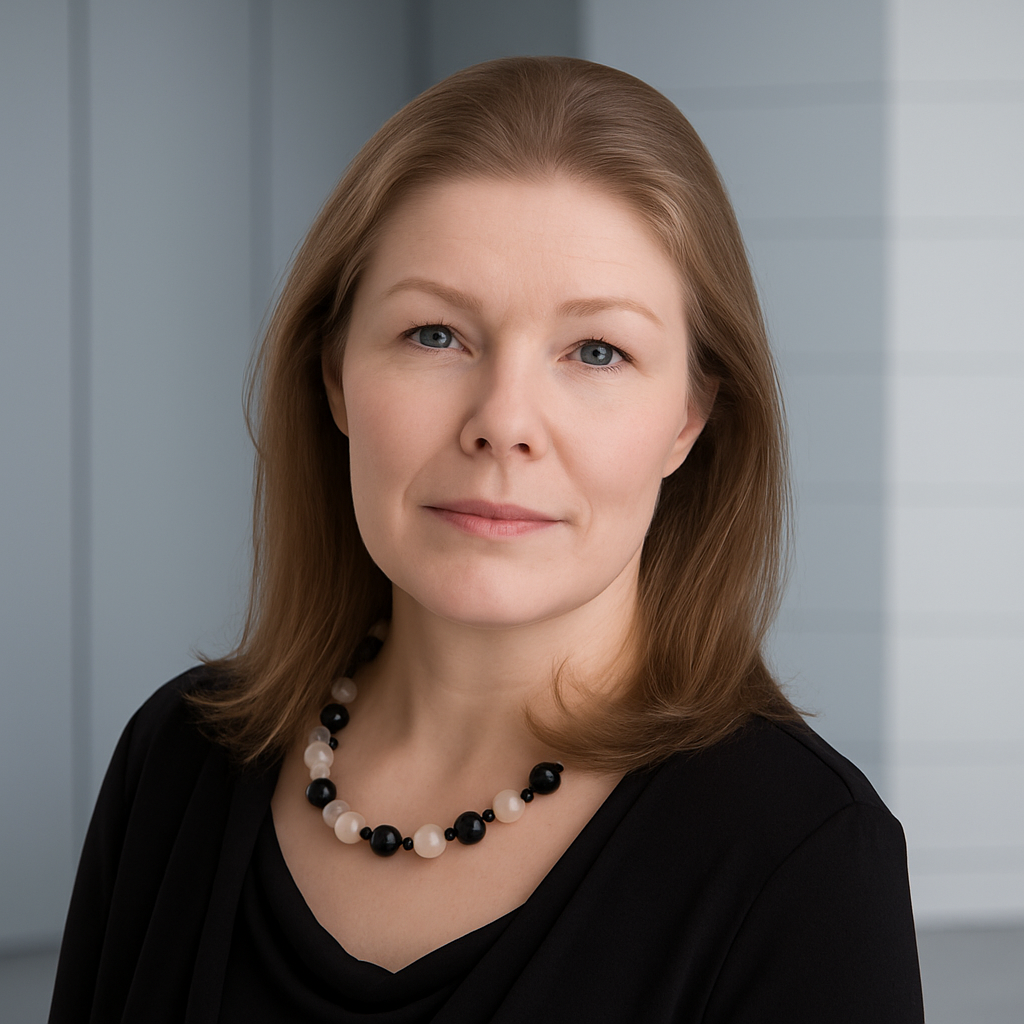
Junior Fellow
Sarah is an experienced GRC (Governance, Risk, and Compliance) specialist with substantial practical insight into governance for data protection, security, and novel technology. She is the founder of Infospectives Ltd, specialising in strategic consultancy to improve and mature related activity. She is a veteran of several large compliance programmes including; Sarbanes Oxley, ISO27001, and GDPR. Her current focus is translating complexity and rapid risk triage for AI/ML. Sarah is also a frequent speaker, mentor, and advisory board member, bringing her wealth of knowledge and experience to various platforms and organisations. Her work evolving governance approaches is driven by a desire to combat information overwhelm and enable timely decisions that stakeholders are proud to stand by.
• Current contributor to the IEEE P3119 public sector AI procurement standard
• Member of the Women in AI Governance initiative
• Technology Governance Specialist for the World Ethical Data Foundation
• Former Director of For Humanity, a not-for-profit defining AI audit criteria
• Guest lecturer on supplier security governance for Manchester University
• One of Computer Weekly’s most influential women in UK tech 2022, 2023, 2024
• Past contributor to the IASME Cyber Essentials Standard
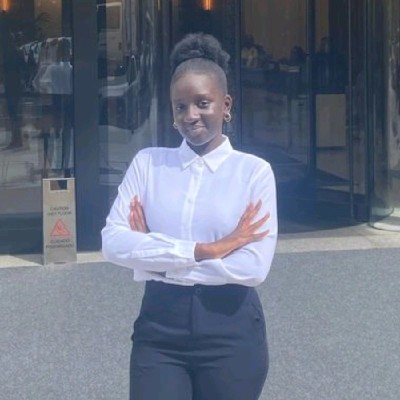
Junior Fellow
Edisa Antonietta Longo is a junior fellow at the Aula fellowship on AI, Science, Technology and Policy, where she hopes to further advancing the responsible proliferation of AI. Edisa is a student at Makerere University School of Law where she explores her interest in technology law and policy through academics, extracurriculars, and leadership experiences. While in the Clinical Legal Education class of 2024, she jointly presented on the national and continental legal framework for data protection and privacy before a bench of judges of the High Court. She led a team in the 31st Willem Vis International Commercial Arbitration moot, discussing cybersecurity, data privacy, and international trade law. This solidified her interest in data protection and its intersection with African international and regional human rights law. Edisa participated in the ILINA Program’s 2nd annual seminar on AI Safety, an introduction to the philosophy and practice of effective altruism, and immersion in AI governance and research, lessons carried over to her research role at the Center for AI Ethics and Governance in Africa. She is a member of the Uganda Vis Society, Chartered Institute of Arbitrators, Internet Society, Amnesty International, and Space Generation Advisory Council. In her free time, Edisa reads fantasy and science fiction, and is learning to code.
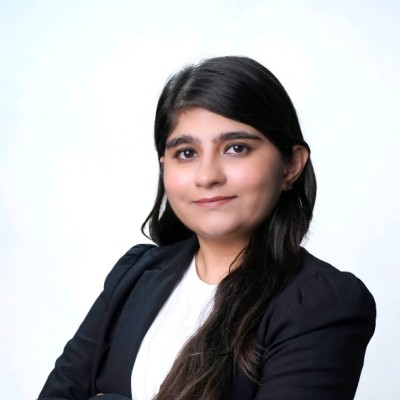
Junior Fellow
Shahtaj Nazmeen is a data analyst and ethical technology advocate working at the intersection of AI, data governance, and financial inclusion. She has led projects in the banking and development sectors, including the design of a financial inclusion measurement tool and geospatial data policies for education equity with the Aga Khan Development Network. As a contributor to the Open Ethics Initiative, she focuses on transparent, accountable AI systems that promote equity, especially in the Global South.
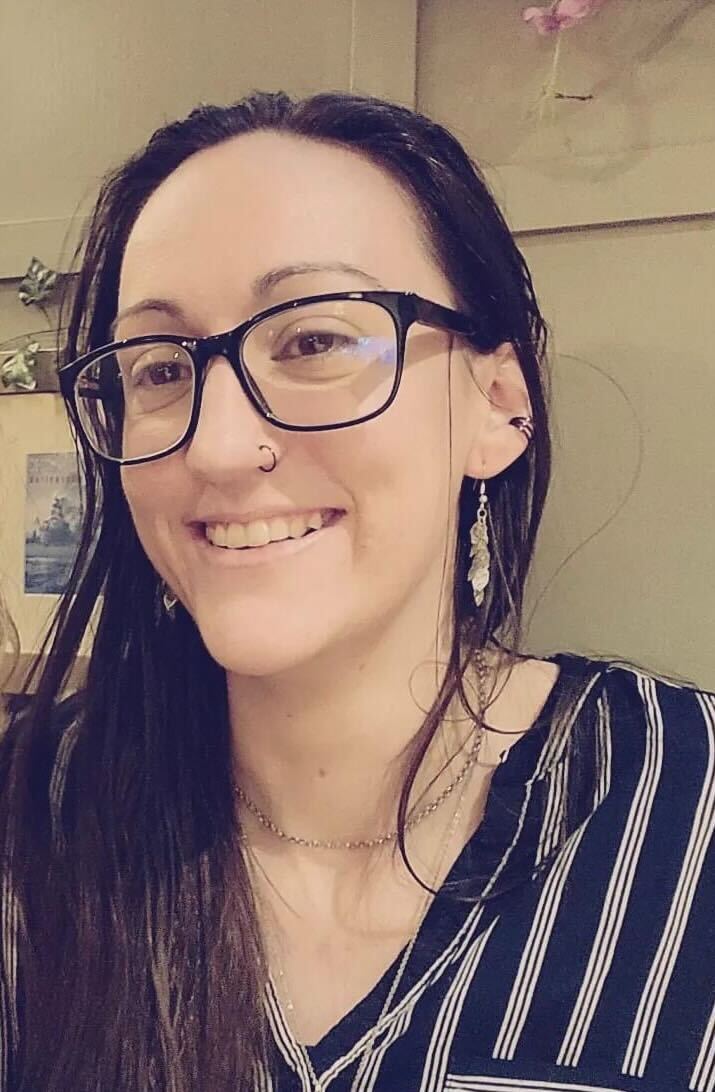
Junior Fellow
Aisling is working in information security, but is increasingly involved in and passionate about digital ethics, particularly within the use of AI. She believes that collaboration and cooperation that embraces the diversity of our world can lead the way to ethical and sustainable AI use that works for all.
Fellows whose bios are not yet listed / linked:
Alfred Sawadogo, Ph.D.
Ali Pasha Abdollahi, Ph.D.
Amritha Subayan Krishnan, Ph.D.
Babli Kalita
Daryl Palmer, L.L.B.
Abena Siaw
Aisha Gurung
Allen Shao, Ph.D.
Dennis Okore
Dhairya Nagpal
Esha Datta
Hamda Naz
Hemant Soni
Ibitola Bif
John Kitaoka
Kevin Guyan
Lilan Dayananda
Lilianny Virguez, Ph.D.
Mmashai Pelei
Polina Grushevska
Poulami Banerjee
Renata E. Mares, MIPH, RN
Ridhu Venigalla
Sara Jameel
Sayantika Banik
Scott Goodwin, Ph.D.
Silke Toenshoff
Soumya Kiragandur Manjunath
Tracy Ramsey
Uloma Okoro
Victoria Oluwajuyigbe
William Callaghan
Yara El Turk
Yue Liang
Sarah Bahrami
Muhammad Shahid
Bruna Martins
Jacob Udo-Udo Jacob
John Flack
This list not exhaustive. Please contact us for additional information. These Fellows are also not yet indexed in the Works & News.

